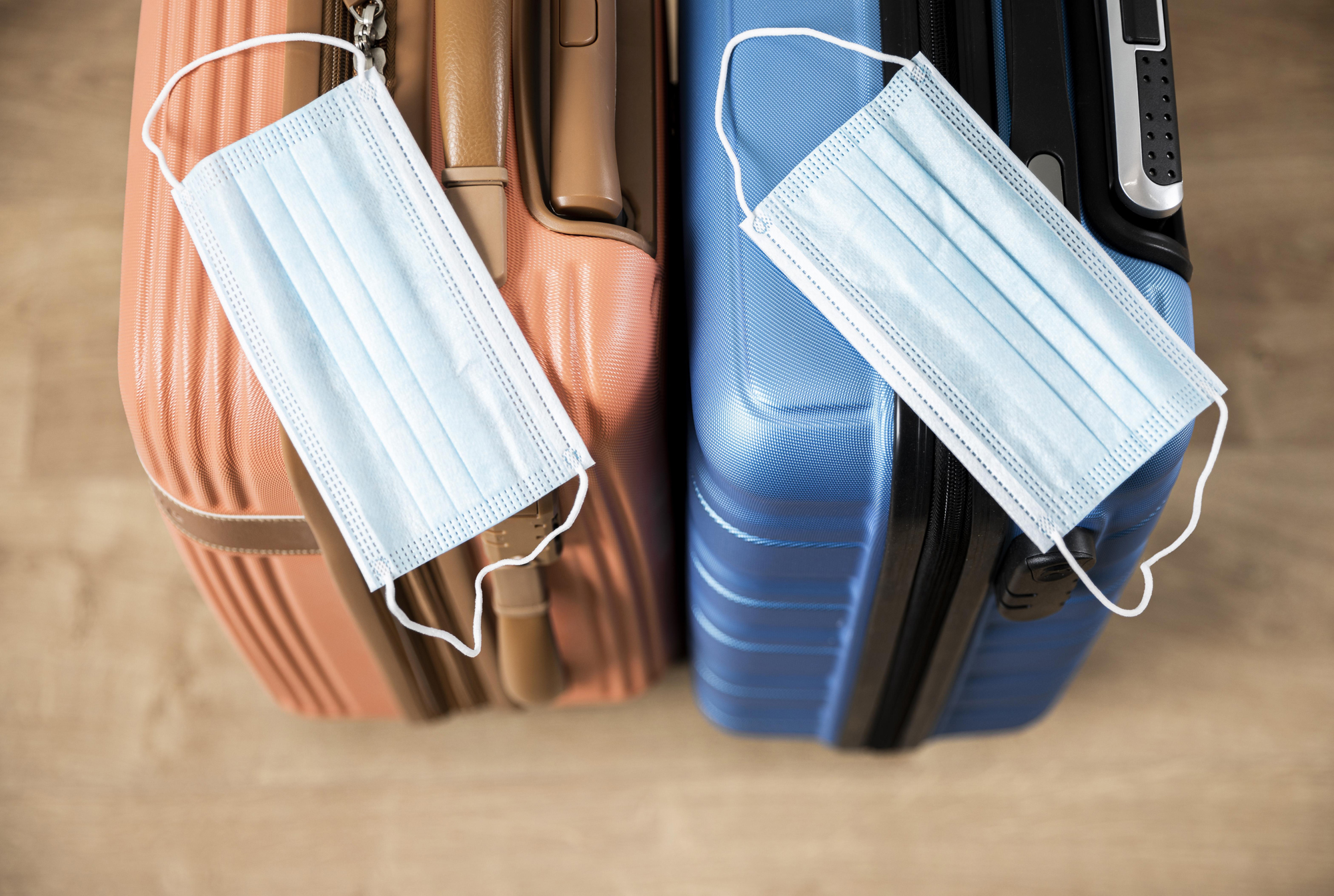
There is no law prohibiting employers from requiring employees to provide prior notification of personal travel. And given the ongoing concerns about the spread of COVID-19, a policy requiring employees to notify management of travel out of state or out of the country could be wise to protect coworkers and customers from potential exposure to the virus.
If you decide to implement, or have implemented, such a policy, you should put it in writing and distribute it to all employees, including a signed acknowledgment of the policy. Here are some things to include in the policy:
- Require them to notify a specific individual or individuals in management (for example, the HR Director or an immediate supervisor) before traveling out of state or out of the country for any reason—including weekend travel for which no vacation time is used.
- The notification should include the dates of travel, locations traveled to, the method of travel (car, airplane, etc.), and information on accommodations (home, condominium, hotel, campground, etc.).
Of course, you should consider certain exceptions. A few exceptions are:
- Employers operating near a state border whose employees may routinely cross state lines traveling to or from work or for shopping and the like. You want to expressly provide an exception to such same-day, routine travel, while still requiring notification of any other travel across state lines.
- Travel caused by an emergency (for example, a close relative in another state being admitted to a hospital due to serious injury). In that case, your policy may omit the mandate for advance notification but require the employee to tell management as soon as possible.
- Consider putting some “teeth” in your policy. You may want to include an expressed statement that, “failure to comply may result in disciplinary action.”
The question remains, what is reasonable to ask employees about their personal travel? If your governor, mayor, or other state authority has indicated your state, county, or city is “open,” it can be more difficult to limit personal travel for your employees. Basic safety and OSHA considerations, however, necessitate that you talk with employees before they return to the workplace after personal travel. Reasonable inquiries about travel include:
- Date, location, and form of transport used (planes, trains, buses, cruise ships, and other mass transit are higher risk)
- High-risk activities (e.g., volunteer work in a nursing home with a significant number of COVID-19 cases)
- Travel companion testing positive for COVID-19
- Staying at a resort where multiple cases have been logged, or similar issues
- Travel to a state with a high coronavirus rate or, in violation of governmental authority, traveled in a “closed” state. (These can be routinely checked on the CDC and state and local websites.)
You may wish to implement a quarantine for employees with any of the above high-risk factors. Perhaps they should be prohibited from returning to the workspace for a minimum of 10 days and 72 hours symptom-free.
Please contact HR Services if you have any questions regarding COVID-related talent management issues.




